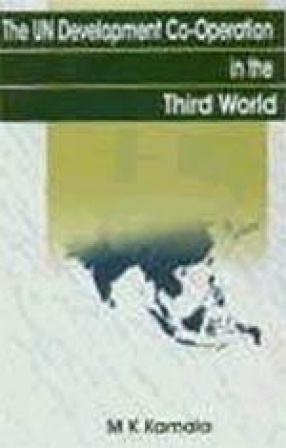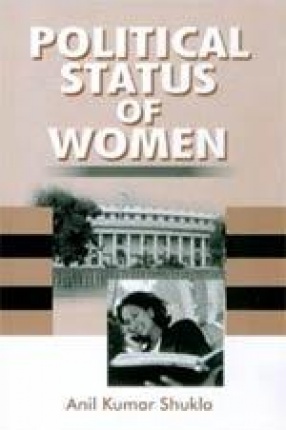When an institution like the United Nations (UN), is well into the sixth decade of its existence, there is little point any longer in being concerned with ‘for’ or ‘against’ questions. A necessary institution, the UN has survived in our tumultuous world since it has managed to change with times. Its usefulness depends, to a very large extent, in its capacity to change still further. This book is an attempt to look at the UN as a political institution which has a right to be examined in terms of its processes which form the basis of change. It is concerned with the process of consensus-building and changing policies, rather than politics, particularly with regard to the "development co-operation" activies of the UN-a major pre-occupation of UN economic institutions ever since its inception. The book deals with UN institutions primarily as frameworks for development co-operation activities, with special reference to Third World concerns and participation in them. Attempt is made to give due attention to underlying trends and major developments through the study of different phases in the evolution of UN development co-operation system. Within this broad context, the book has special focus on the UNDP as the most articulated UN effort in the field of ‘development’, and Indian participation in this programme as a leading Third World country. The objective is to identify the major trends which became discernable in the last decades of the 20 century.
The UN Development Co-Operation and the Third World
In stock
Free & Quick Delivery Worldwide
reviews
Bibliographic information
Title
The UN Development Co-Operation and the Third World
Author
Edition
1st. Ed.
Publisher
ISBN
8178270382
Length
xviii+276p.
Subjects





There are no reviews yet.